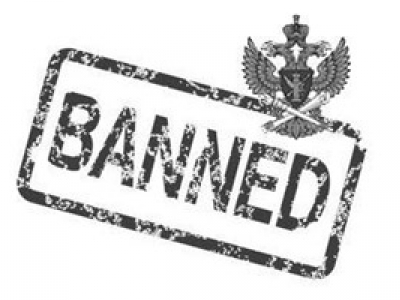The Russian government has completely ignored the bitcoin community’s negative response to the proposed law banning the “surrogate money” in Russia. The opinions submitted during the public consultation received formal answers and were declined without further explanations.
The law forbidding the emission and use of cryptocurrencies as well as the provision of information about cryptocurrencies is highly likely to be adopted by the Russian government this year, as CoinFox wrote earlier. The law will entail penalties ranging from 5,000 RUR to 1,000,000 RUR. The public consultation period for the draft law lasted from February 6th till March 8th. Fourteen people took part in the online discussion and their opinions are displayed on the Russian Integrated State Web Portal.
The experts had the chance to answer 12 questions about the law. The total feedback includes 81 comments, only one of which was taken into account by the authorities. The remaining 80 suggestions by the community have been rejected. The identical text of the rejection was pasted below every answer and did not contain any specific reasons. The standardised answer reads as follows:
The text of the law uses the term “surrogate money” and does not name bitcoin or cryptocurrencies explicitly. The definition of “surrogate money” remains unclear, which has been noted by several experts in their comments. Tatiana Chebykina mentioned the lack of legal competence in the definition of “surrogate money”. Ivan Tikhonov thinks that the current definition is too broad and leaves too many possibilities for misuse. He wrote:
The law suggests that the Central Bank of Russia will be responsible for the control of cryptocurrencies, but the relevant sections have also been deemed vague by experts. The text of the law reads:
Tikhonov noted that it was not clear how the Central Bank was going to fulfil its new functions. The authorities have not clarified this.
Experts have commented on the generally insufficient understanding of cryptocurrencies by the authorities, their superficial approach, and their reluctance to learn more about the issues involved. Many of the people submitting their opinions concluded that the ban of bitcoin would represent a financial and economic regression for Russia and would have socially significant implications in the future.
Nevertheless, the bitcoin community has not given up. The Bitcoin Conference Russia event will take place in Moscow on April 2, 2015. The organisers plan to prepare a document addressed to the country’s authorities in support of cryptocurrencies in Russia.
















